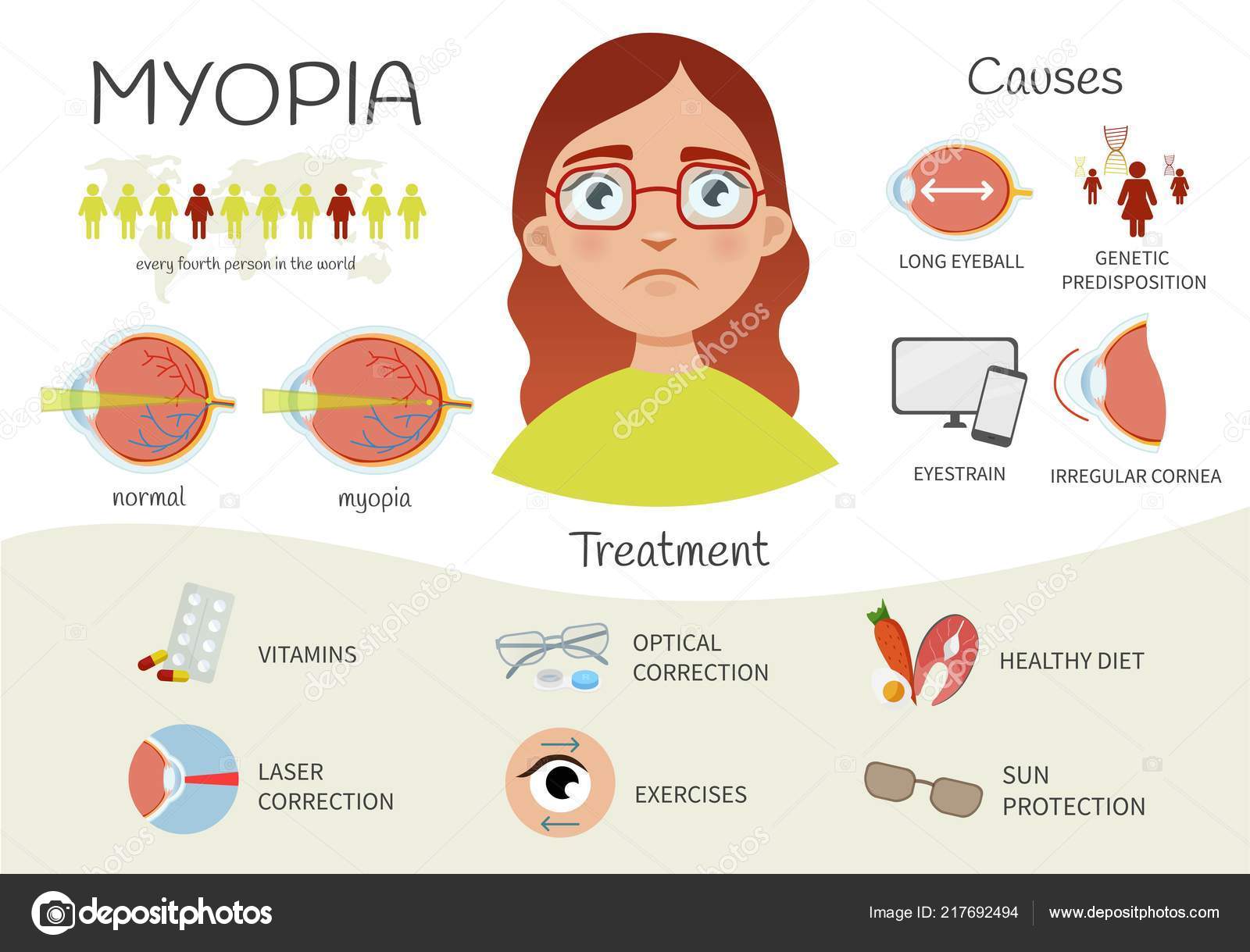Considering SMILE Surgical Procedure? Discover Considerable Considerations And Insights To Support You In Making A Wise Selection About Your Vision Ahead

Composed By-Clay Cochran
If you're pondering SMILE eye surgical procedure, consider this: are you prepared to welcome prospective visual freedom, or does the idea of any kind of threats make you think twice? official source will rest on a cautious balance of considering the benefits against the uncertainties. It's vital to dig much deeper right into the nuances of SMILE surgery to make an educated selection that lines up with your visual objectives.
Comprehending SMILE Eye Surgical Procedure
When considering SMILE Eye Surgery, it's important to recognize the procedure and its benefits. SMILE, which represents Little Incision Lenticule Extraction, is a minimally invasive laser eye surgical procedure that fixes common vision troubles like myopia (nearsightedness).
During Learn Even more Here , your eye surgeon will certainly make use of a femtosecond laser to develop a small cut in your cornea. With this cut, a tiny disc of cells called a lenticule is eliminated, improving the cornea and remedying your vision.
One of the key advantages of SMILE Eye Surgical treatment is its quick recovery time. Numerous clients experience boosted vision within a day or more after the procedure, with minimal discomfort.
Furthermore, SMILE is known for its high success price in providing long-term vision adjustment. Unlike LASIK, SMILE doesn't call for the creation of a flap in the cornea, lowering the danger of problems and permitting a much more steady corneal structure post-surgery.
Recognizing the treatment and its advantages is essential when considering SMILE Eye Surgical treatment for vision improvement.
Pros and Cons of SMILE
Considering SMILE Eye Surgery for vision improvement features numerous advantages and possible disadvantages.
One of the primary pros of SMILE is its minimally invasive nature, as it entails a small cut and commonly results in fast recovery times. The procedure is additionally known for triggering very little pain and dry eye symptoms post-surgery compared to various other vision improvement techniques. In addition, SMILE has been revealed to give outstanding visual outcomes, with lots of individuals accomplishing 20/20 vision or better.
On the other hand, a prospective disadvantage of SMILE is that it may not appropriate for people with extreme refractive mistakes, as the therapy variety is rather restricted contrasted to LASIK. One more consideration is that the learning curve for specialists carrying out SMILE can affect the schedule of experienced providers in certain locations.
It's important to consider these advantages and disadvantages meticulously when choosing if SMILE is the best selection for your vision modification needs.
Determining Qualification for SMILE
To establish if you're eligible for SMILE eye surgical treatment, your ophthalmologist will conduct a detailed assessment of your eye wellness and vision requirements. During this assessment, variables such as the stability of your vision prescription, the thickness of your cornea, and the overall health and wellness of your eyes will certainly be evaluated.
Typically, candidates for SMILE more than 22 years old, have a steady vision prescription for at least a year, and have healthy corneas without problems like keratoconus.
Your eye doctor will certainly likewise consider your general eye health, any existing eye conditions, and your lifestyle requires to determine if SMILE is the ideal option for you. It's important to connect any kind of particular aesthetic demands or problems you may have throughout this assessment to make sure that the therapy straightens with your expectations.
If you aren't qualified for SMILE, your eye doctor may advise different vision adjustment choices that much better suit your specific requirements and eye health and wellness status.
Final thought
Eventually, determining whether SMILE eye surgical procedure is right for you calls for cautious factor to consider of your private eye health and aesthetic requirements. Speak with your eye doctor to identify your eligibility for the treatment and weigh the potential benefits and disadvantages. Keep in mind to communicate any concerns or questions you might have during the assessment process to make an educated decision concerning your vision correction alternatives.

